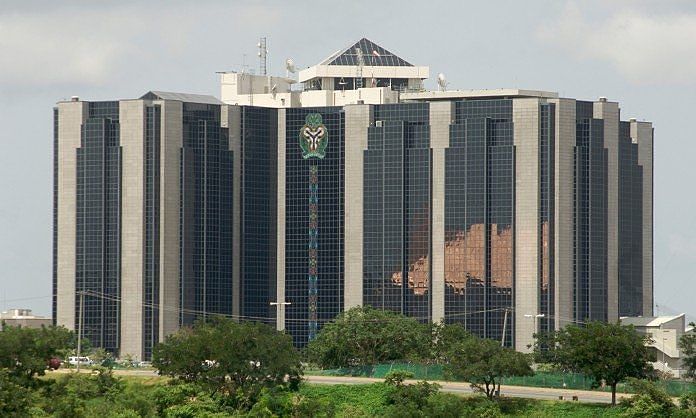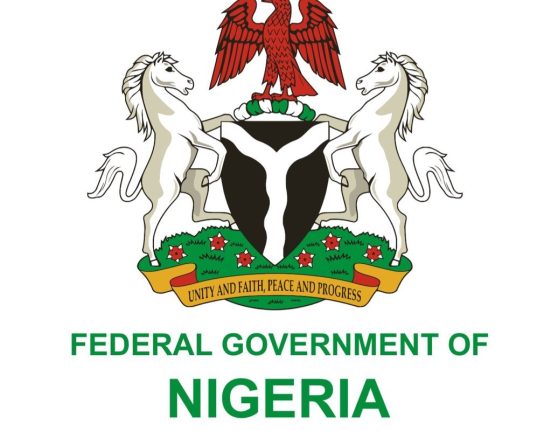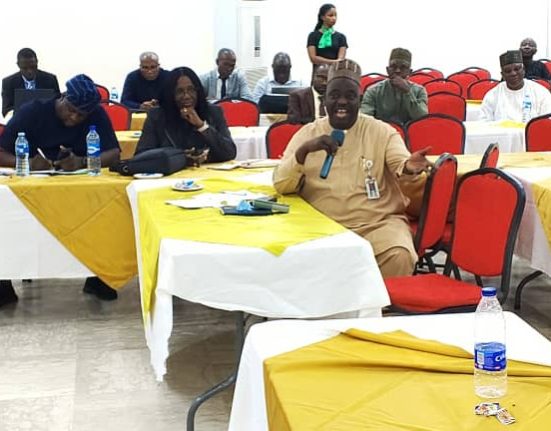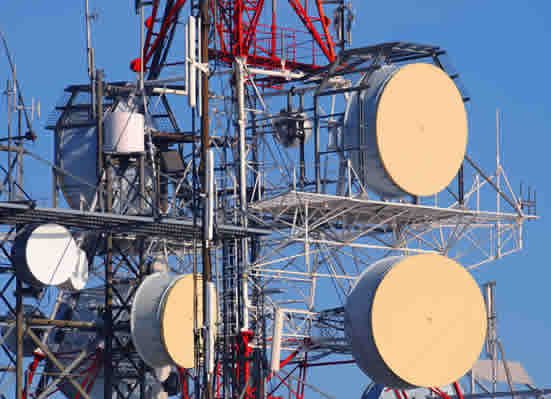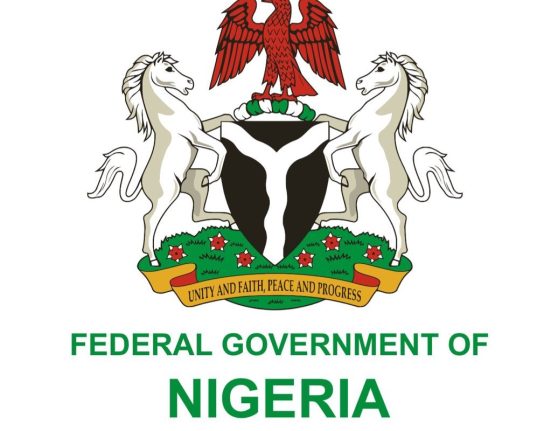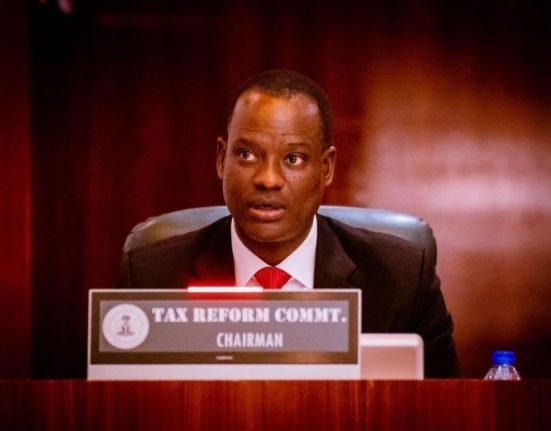Investors Embrace Ethical Financing as Sukuk Oversubscribed by 735%
Nigeria’s journey into faith-based, ethical financing has hit an extraordinary milestone with the Federal Government’s sixth Sovereign Sukuk issuance attracting a record-breaking ₦2.205 trillion in subscriptions, an oversubscription of 735% against the initial ₦300 billion offered. This landmark achievement not only cements Sukuk’s place in Nigeria’s financial architecture but also reflects a growing appetite for Shariah-compliant instruments in addressing national infrastructure needs.
The Sukuk, structured as a 7-year Ijarah (lease-based) instrument, was designed to fund the construction and rehabilitation of critical road and bridge infrastructure across Nigeria’s six geopolitical zones. According to the Debt Management Office (DMO), the overwhelming interest came from a wide range of investors, retail buyers, non-interest financial institutions, pension fund administrators, conventional banks, fund managers, and even state governments. This diversity indicates an expanding recognition of Islamic finance as a viable and responsible alternative to traditional bonds.
Since the launch of Nigeria’s Sovereign Sukuk initiative in 2017, the Federal Government has successfully raised over ₦1.09 trillion through this mode of financing. These funds have contributed significantly to the development of over 4,100 kilometers of road networks and the completion of at least nine major bridges, offering immense benefits in terms of improved connectivity, reduced transportation costs, increased commercial activity, and safer travel across the country.
The phenomenal response to the latest Sukuk issuance underscores not just investor confidence in government-backed infrastructure projects, but also a broader shift toward ethical, asset-backed investments grounded in Islamic principles. Unlike conventional bonds, Sukuk financing is interest-free and based on tangible assets, ensuring that investors’ funds are directly tied to the delivery of public goods. This model not only appeals to Muslims seeking to align their investments with Islamic law (Shariah) but also to non-Muslim investors looking for stable, socially responsible investment options.
This development comes at a time when global Islamic finance is gaining traction, with Nigeria positioning itself as a key emerging player in the sector. The oversubscription is a signal that Islamic finance, once considered niche, is now mainstream, offering a model that bridges financial performance and moral responsibility.
More than a financial instrument, the Sukuk represents a vision for inclusive national growth, one that respects religious values, promotes financial inclusion, and channels funds into real, impactful projects. It provides a way for faith to meet finance, and for capital to serve not just profit, but purpose.
With future issuances already being planned, and investor interest showing no signs of slowing, the government’s commitment to Sukuk could pave the way for more ambitious infrastructure funding in years to come. And for many Nigerians, this signals hope not just for better roads and bridges, but for a financial system that reflects their beliefs, builds trust, and delivers results.
In the words of a prominent stakeholder, “Sukuk has shown us that values and development do not have to exist apart. We can build roads and also build trust. We can grow the economy and also grow our faith.”

